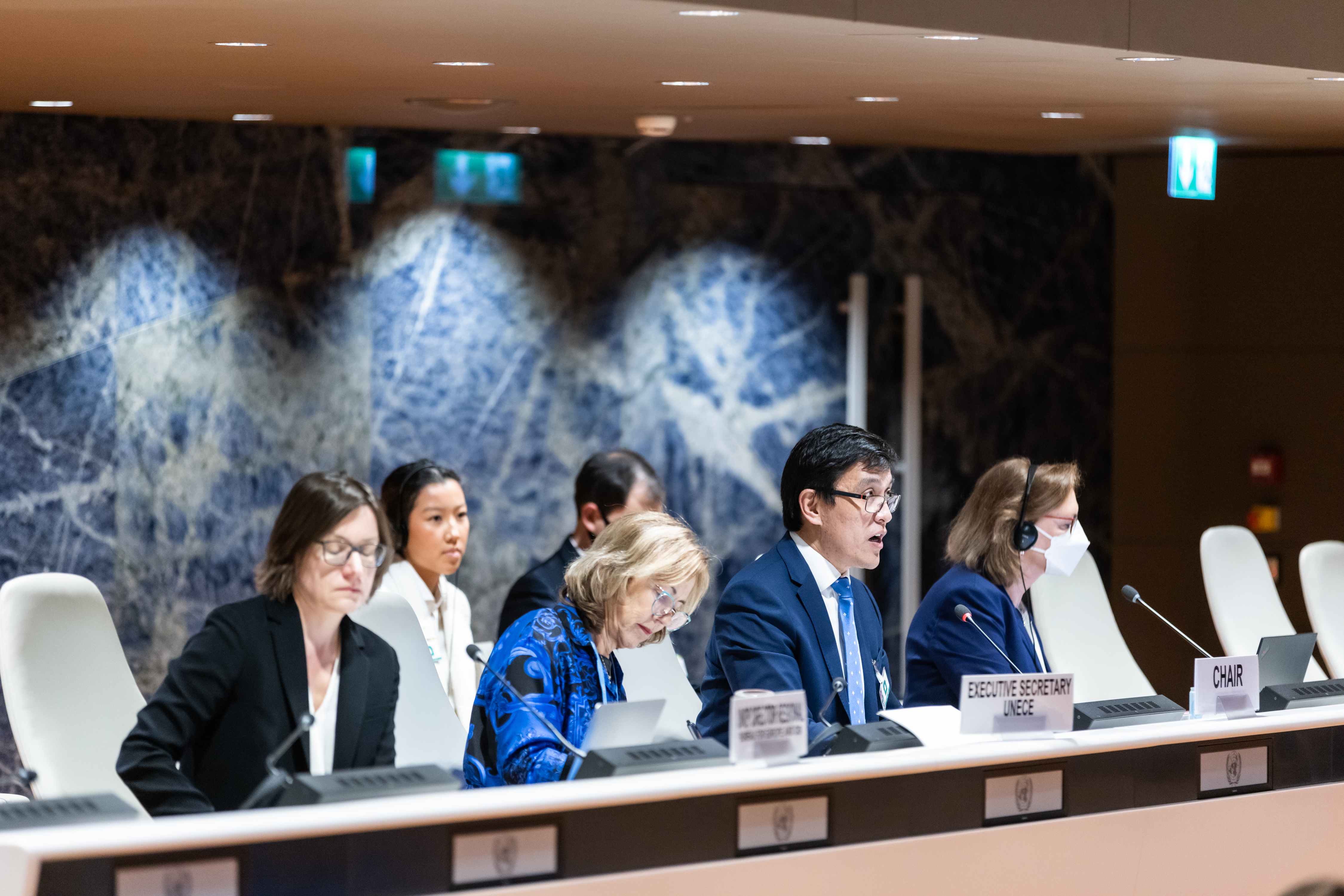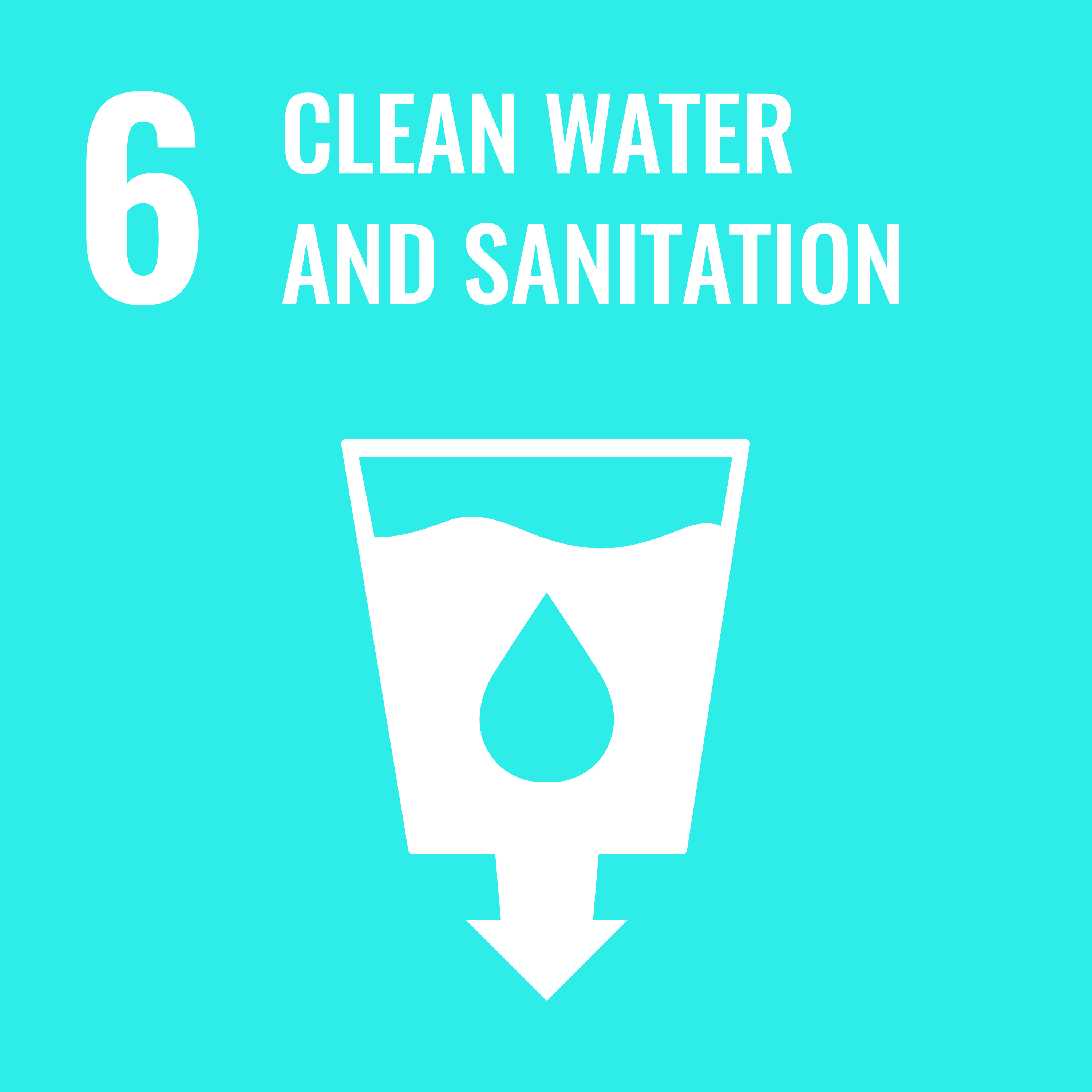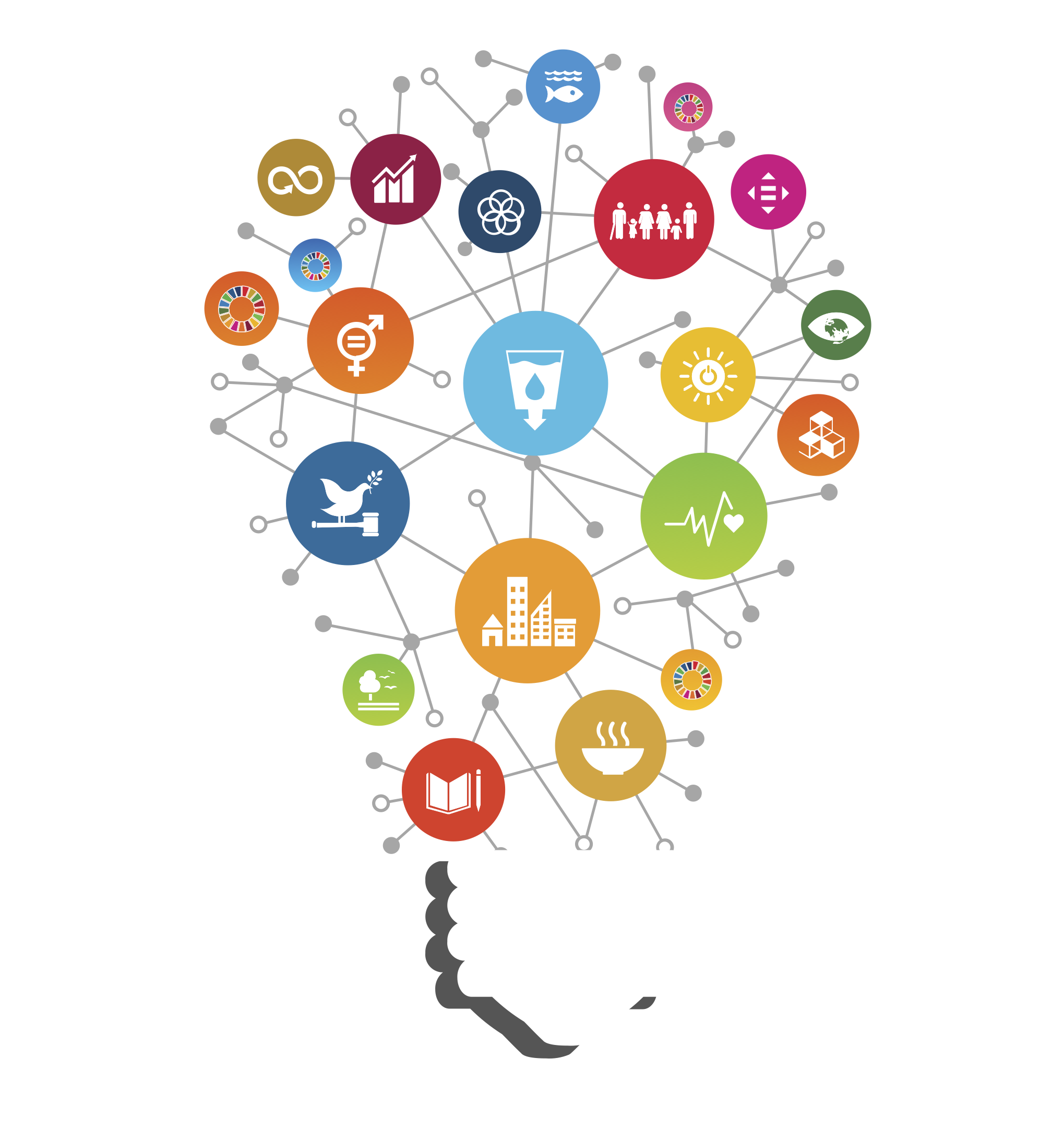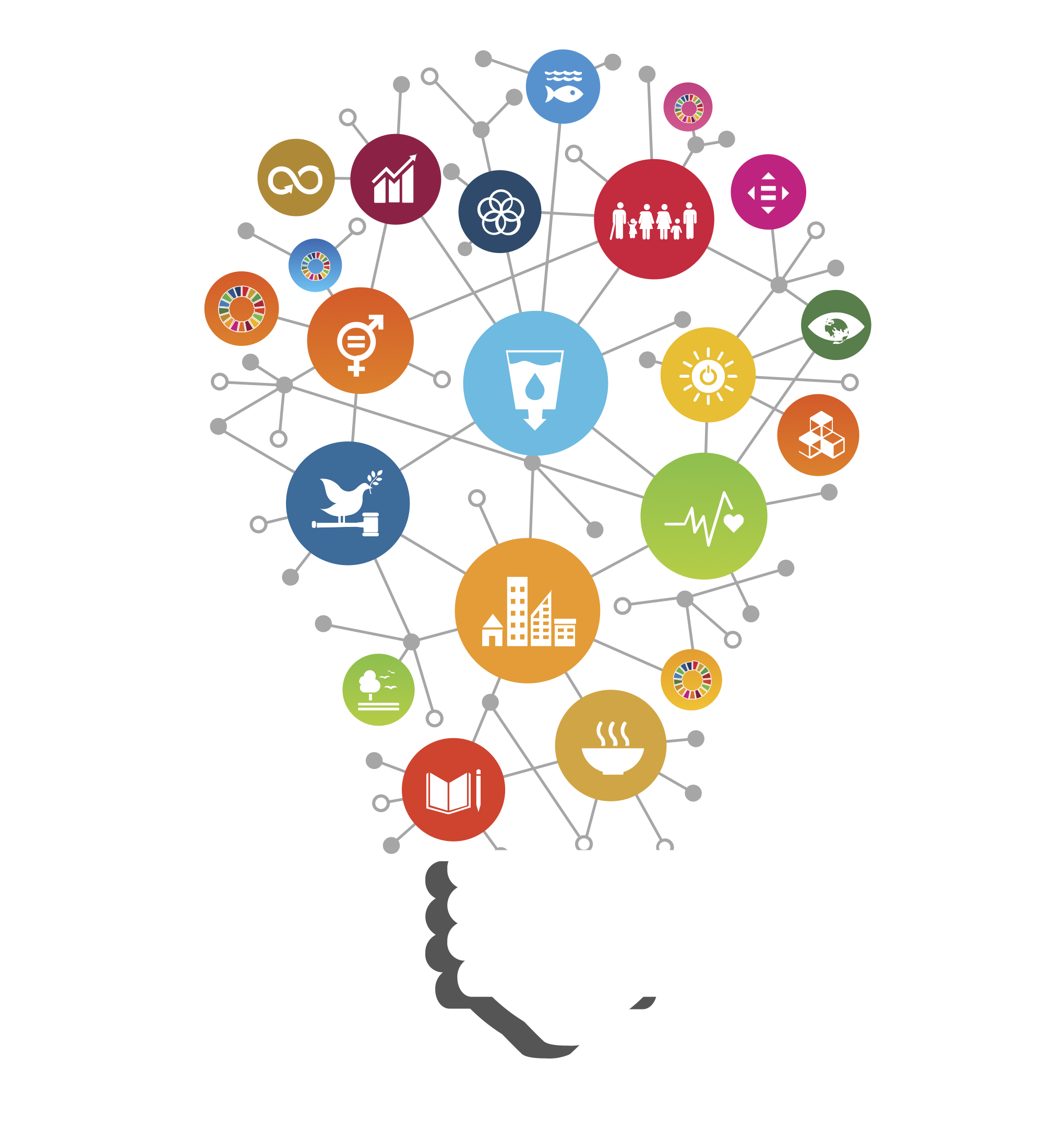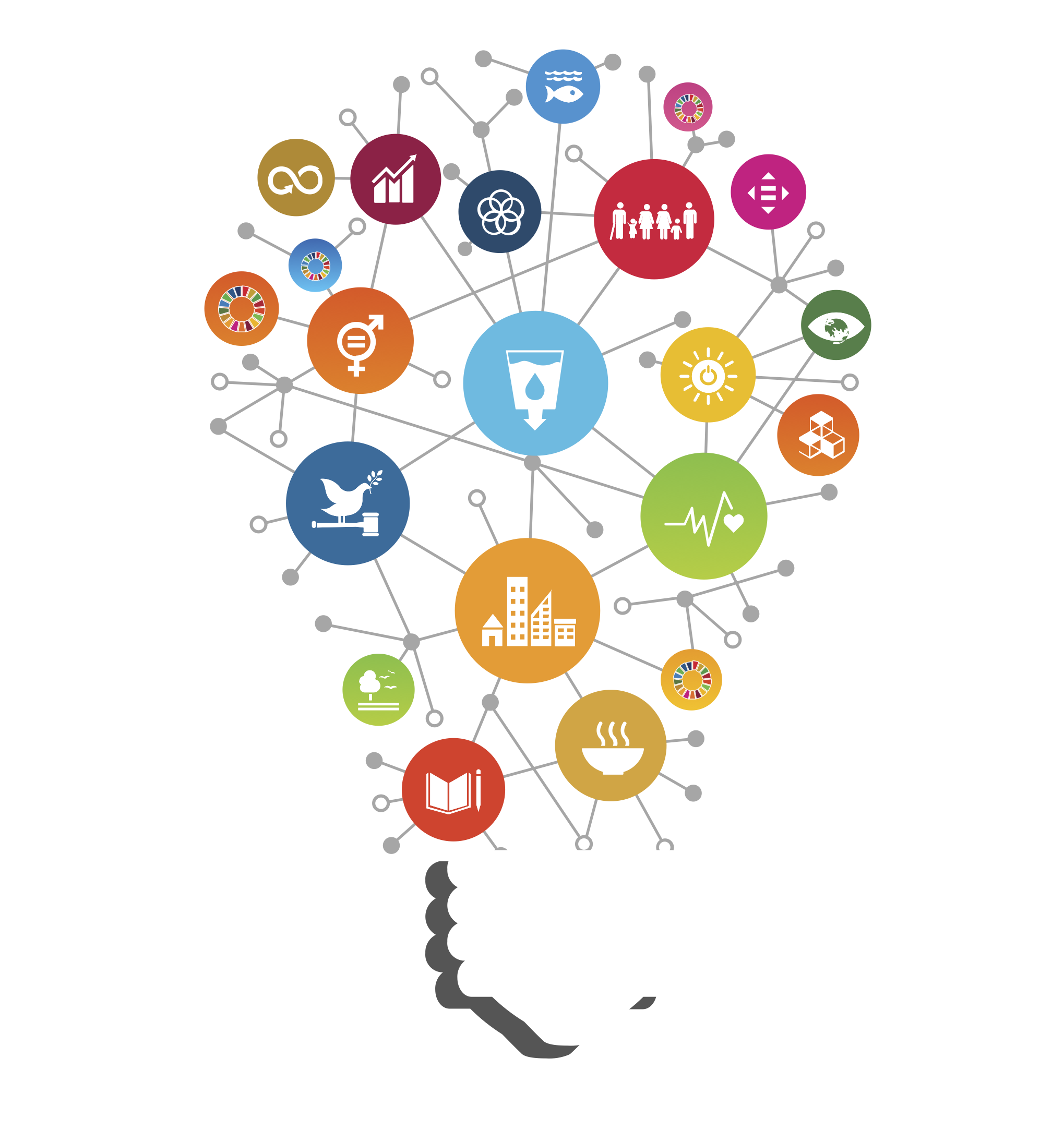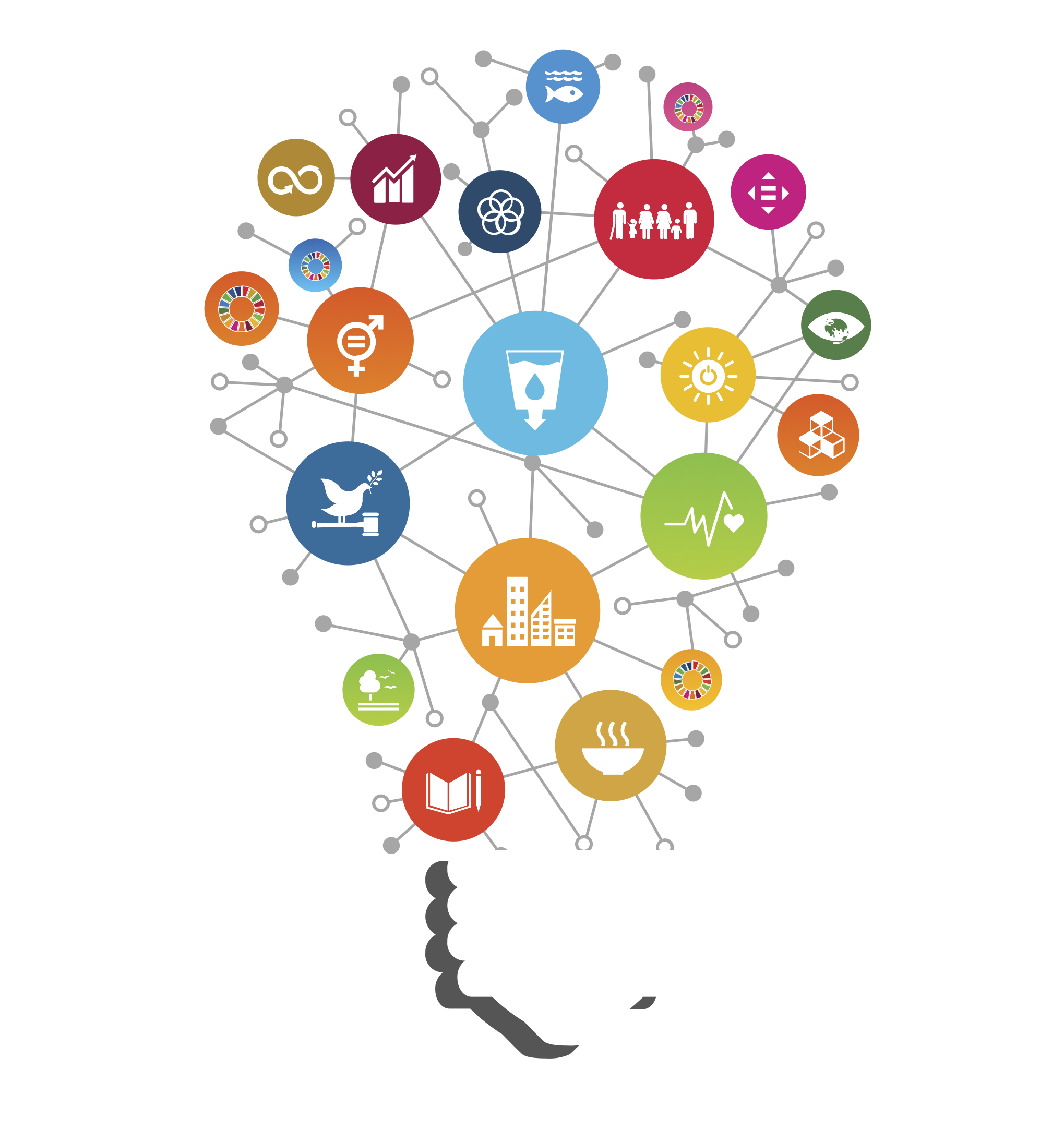About the event
Over the last years, the Pan-European region has made important progress towards SDG 6 on water and sanitation for all, but efforts need to be accelerated to address the significant challenges that persist: in the WHO European region* alone, around 16 million people still lack access to basic drinking-water services and approximately 29 million people in the region lack access to basic sanitation, with significant differences between the subregions and urban and rural population. Women are disproportionately affected by inadequate sanitation, including due their specific hygiene needs. Efforts to protect and restore essential water-related ecosystems is disparate across the continent with considerable degradation of lakes, rivers and wetlands occurring in many countries, including the fragmentation of river systems, and increasing pollution to water bodies. The availability of freshwater resources is changing driven by development and climate. Diffuse pollution and wastewater discharges remain significant, and some pollutants are of public health concern. Floods and droughts in 2022 have shown the severity of climate change impacts on water. Progress is needed on implementing integrated water resources management as well as transboundary water cooperation, especially on aquifers and in some basins particularly in South-Eastern Europe, the Caucasus and Central Asia.
This peer learning session will bring together a variety of stakeholders to share the outcomes of the global UN 2023 Water Conference (New York, 22-24 March 2023) and discuss the next steps at the regional level, including how to take forward commitments from the region made at the global conference and good practice examples aimed at accelerating efforts to meet SDG 6 related targets.
*the WHO European region includes 53 of the 56 UNECE member States (not included: Canada, Liechtenstein, United States of America); find further details here.
UNECE Water Convention, UNESCO
WHO, UNEP, WMO, IOM, UNOPS


